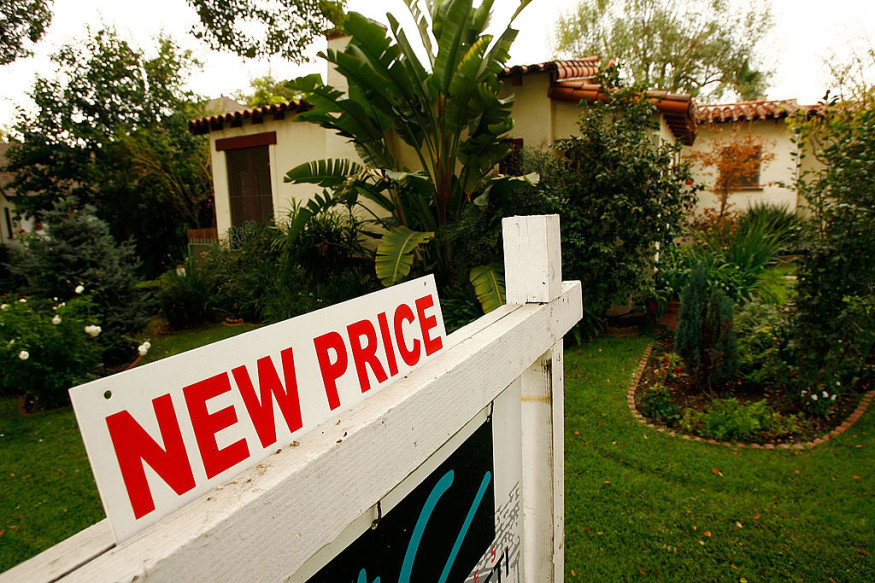
Mortgage rates and home prices have soared over the past year, hitting historic highs in recent months. Housing inventory has also been very tight, which has left prospective buyers with fewer properties to choose from.
However, some experts believe the conditions of the U.S. housing market and commercial real estate are looking up next year. Here are some predictions the real estate group has for 2024.
Higher Interest Rates Will Bring More Homes
Researchers for real estate company Zillow expect higher mortgage rates next year, which could bring more listings to the housing market as homeowners lose patience waiting for the rate to fall. This could then greatly increase the inventory in the housing market, per Business Insider.
Existing Home Sales May Rise
Housing sales dipped to an annual rate of 679,000 in October, far lower than the 725,000 new home sales that analysts expected. This trend may pivot in 2024 if the mortgage rate falls next year and could increase by as much as 15%, according to NAR chief economist Lawrence Yun.
However, Redfin economics team leader Chen Zhao said existing home sales are unlikely to increase dramatically next year, adding that rates "are likely to remain above 6%," as quoted by Bankrate.
A Potential Recession in Commercial Real Estate
Economists believe that recent rate hikes by the Federal Reserve could push the economy into recession and force the commercial real estate industry to see an economic slowdown. If this happens, commercial real estate owners may find it difficult to fill vacant units. They may also struggle to raise rents, per US News.
That being said, the outlet believes the demand for retail rental space can be maintained next year, but it would be by consolidation and not overall growth. The outlet also said industrial real estate owners may see more demand for trucking terminals and warehouses amid competition for faster home delivery.
Less Competition Among Home Flippers
The low housing inventory and rising prices of new homes may lead many buyers to overlook flaws in properties because of fewer options on the market. This means home flippers would see less competition in their market, and bidding wars to become less common.



